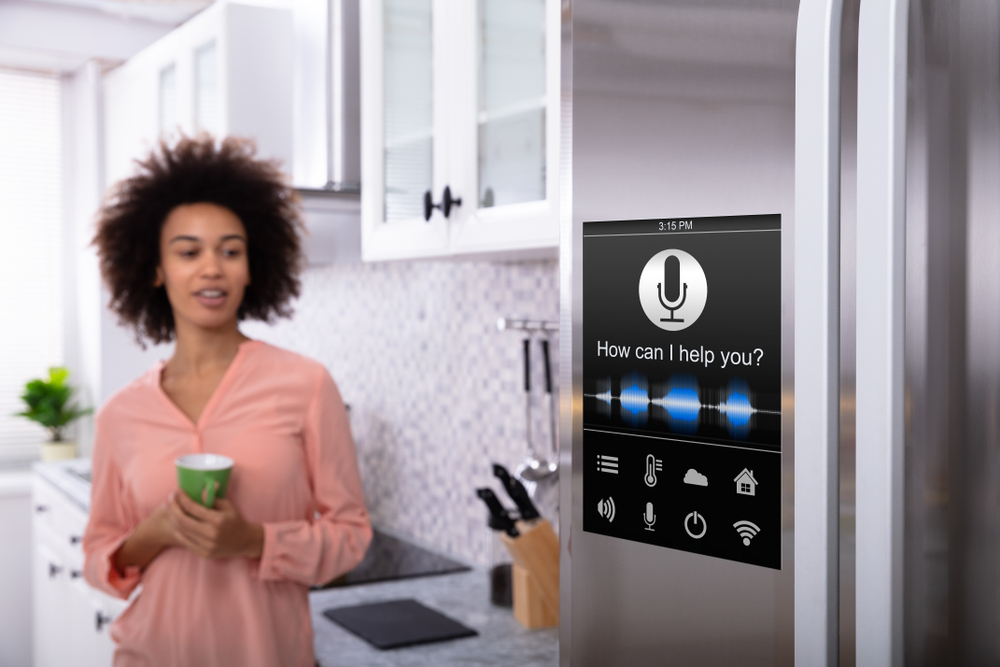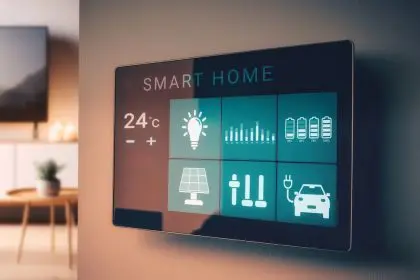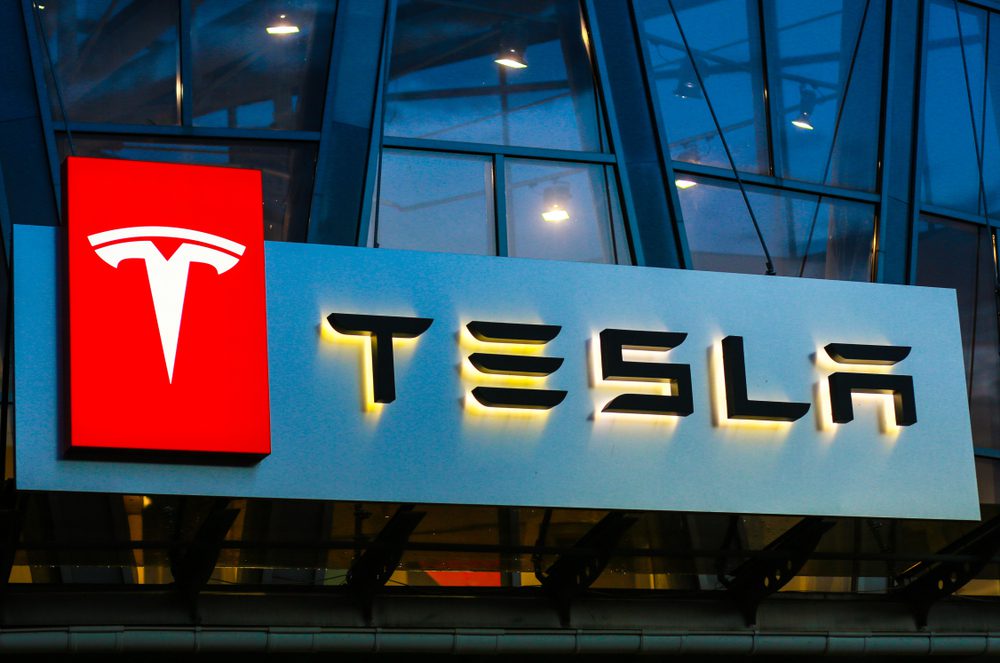Your refrigerator used to be a simple box that kept food cold, but the appliances rolling off assembly lines today are essentially computers with cooling systems attached. These smart fridges come equipped with touchscreens, internet connectivity, cameras, artificial intelligence, and operating systems that require regular software updates just like your smartphone or computer.
The transformation of kitchen appliances into connected devices represents one of the most dramatic shifts in home technology since the introduction of electricity. Your next refrigerator might remind you to buy milk, suggest recipes based on what’s inside, adjust its temperature based on weather forecasts, and even order groceries automatically when supplies run low.
This evolution from mechanical appliances to software-driven systems means that owning a modern refrigerator increasingly resembles owning a technology product rather than a traditional household appliance, complete with all the benefits and complications that digital connectivity brings to everyday life.
Internet-connected appliances are becoming the new normal
Smart refrigerators now come standard with WiFi connectivity, allowing them to communicate with other devices in your home, sync with smartphone apps, and receive updates from manufacturers that can add new features or fix problems remotely. This connectivity transforms your fridge from a standalone appliance into part of an integrated smart home ecosystem.
The internet connection enables features that would have seemed like science fiction just a few years ago, including the ability to see inside your fridge from anywhere using built-in cameras, receive notifications when doors are left open, and get alerts when food is approaching expiration dates.
Many smart fridges can now integrate with grocery delivery services, automatically creating shopping lists based on what’s missing from your typical inventory, and even placing orders for frequently used items when supplies run low. This level of automation represents a fundamental shift in how we think about food management and household logistics.
Voice assistant integration allows smart fridges to respond to spoken commands, answer questions about food storage, provide cooking instructions, play music, display calendars, and control other connected devices throughout your home, essentially turning your kitchen into a command center for daily life.
Software updates add features you never imagined
Unlike traditional appliances that remained functionally identical from purchase to disposal, smart fridges can gain entirely new capabilities through software updates that download automatically or can be installed manually through built-in interfaces or smartphone apps.
Recent updates have added features like advanced food recognition through machine learning, where the fridge learns to identify specific products and track their freshness more accurately over time. Some fridges now use artificial intelligence to suggest recipes based on available ingredients and your dietary preferences.
Energy optimization features introduced through software updates can adjust cooling patterns based on usage habits, weather forecasts, and electricity pricing, potentially saving significant money on utility bills while maintaining optimal food storage conditions.
Security updates are becoming increasingly important as smart appliances become potential entry points for cybercriminals looking to access home networks. Regular software updates patch vulnerabilities and protect your personal information from potential breaches through connected devices.
Your fridge might know your eating habits better than you do
Smart refrigerators equipped with internal cameras and sensors can track exactly what goes in and out, creating detailed records of your eating patterns, favorite foods, and consumption habits that can provide insights into your health and lifestyle patterns.
This data collection enables personalized recommendations for healthier food choices, meal planning suggestions based on nutritional goals, and automatic reordering of items that support specific dietary requirements or restrictions. Your fridge essentially becomes a nutritional advisor that understands your preferences.
The artificial intelligence in smart fridges can learn from your behavior patterns to predict when you’ll need certain items, suggest alternatives when favorite products aren’t available, and even recommend trying new foods based on your established preferences and seasonal availability.
Integration with fitness trackers and health apps allows smart fridges to coordinate with your broader wellness goals, suggesting foods that align with exercise routines, caloric targets, or specific health conditions that require dietary modifications.
Maintenance and troubleshooting become remote and predictive
Smart fridges can diagnose their own problems and often fix issues through software updates without requiring service calls or manual troubleshooting. This self-diagnostic capability can identify inefficiencies, predict component failures, and optimize performance automatically.
Remote diagnostics allow manufacturers and service technicians to identify problems, run tests, and often resolve issues without physically visiting your home. This capability can save time and money while ensuring your appliance operates at peak efficiency throughout its lifespan.
Predictive maintenance features can alert you to potential problems before they cause food spoilage or complete appliance failure. Your fridge might notify you that a component needs attention weeks before it would actually fail, allowing for convenient scheduling of repairs.
Software updates can also extend appliance lifespan by optimizing operating parameters, improving efficiency algorithms, and adding features that weren’t available when the appliance was originally manufactured, potentially adding years of useful life to your investment.
Privacy and security concerns grow with connectivity
Smart fridges collect vast amounts of data about your daily routines, food preferences, family members, and lifestyle patterns that could be valuable to marketers, criminals, or other parties interested in your personal information. This data collection raises significant privacy concerns.
The internet connectivity that enables smart features also creates potential security vulnerabilities that could allow hackers to access your home network through your refrigerator. Unsecured smart appliances have been used in large-scale cyber attacks and identity theft schemes.
Many smart fridge manufacturers share user data with third parties for marketing purposes, potentially selling information about your eating habits, shopping patterns, and household composition to companies looking to target advertising or develop products.
Protecting your privacy requires understanding what data your smart fridge collects, how it’s used and shared, and what security measures are in place to protect your information from unauthorized access or misuse.
The future kitchen runs entirely on software
The trend toward software-driven appliances extends far beyond refrigerators to include smart ovens, dishwashers, coffee makers, and other kitchen devices that can communicate with each other and coordinate cooking processes automatically.
Future kitchens might feature appliances that work together seamlessly, with your smart fridge communicating with your oven to preheat for dinner based on meal planning apps, or your coffee maker starting automatically when your alarm goes off because your fridge detected you’re out of your usual breakfast items.
Artificial intelligence will likely become more sophisticated, enabling appliances to learn complex preferences, anticipate needs, and manage household logistics with minimal human input. Your kitchen might eventually run itself, handling meal planning, grocery ordering, food preparation coordination, and cleanup scheduling.
The integration of smart appliances with broader home automation systems, renewable energy management, and even autonomous grocery delivery could transform kitchens into fully automated food management centers that require little human intervention for basic operations.
Preparing for the software-powered appliance revolution
As appliances become increasingly dependent on software and internet connectivity, consumers need to consider factors like update frequency, manufacturer support timelines, and compatibility with existing smart home systems when making purchasing decisions.
Understanding the ongoing costs of smart appliance ownership, including potential subscription fees for premium features, data usage charges, and the need for regular updates, becomes as important as considering energy efficiency and initial purchase price.
Learning to manage software updates, privacy settings, and security configurations for smart appliances requires new skills that many consumers haven’t needed for traditional appliances. These digital literacy requirements will only increase as appliances become more sophisticated.
The shift toward software-driven appliances represents a fundamental change in the relationship between consumers and their household devices, requiring ongoing engagement and maintenance rather than the set-and-forget approach that characterized traditional appliances for decades.















